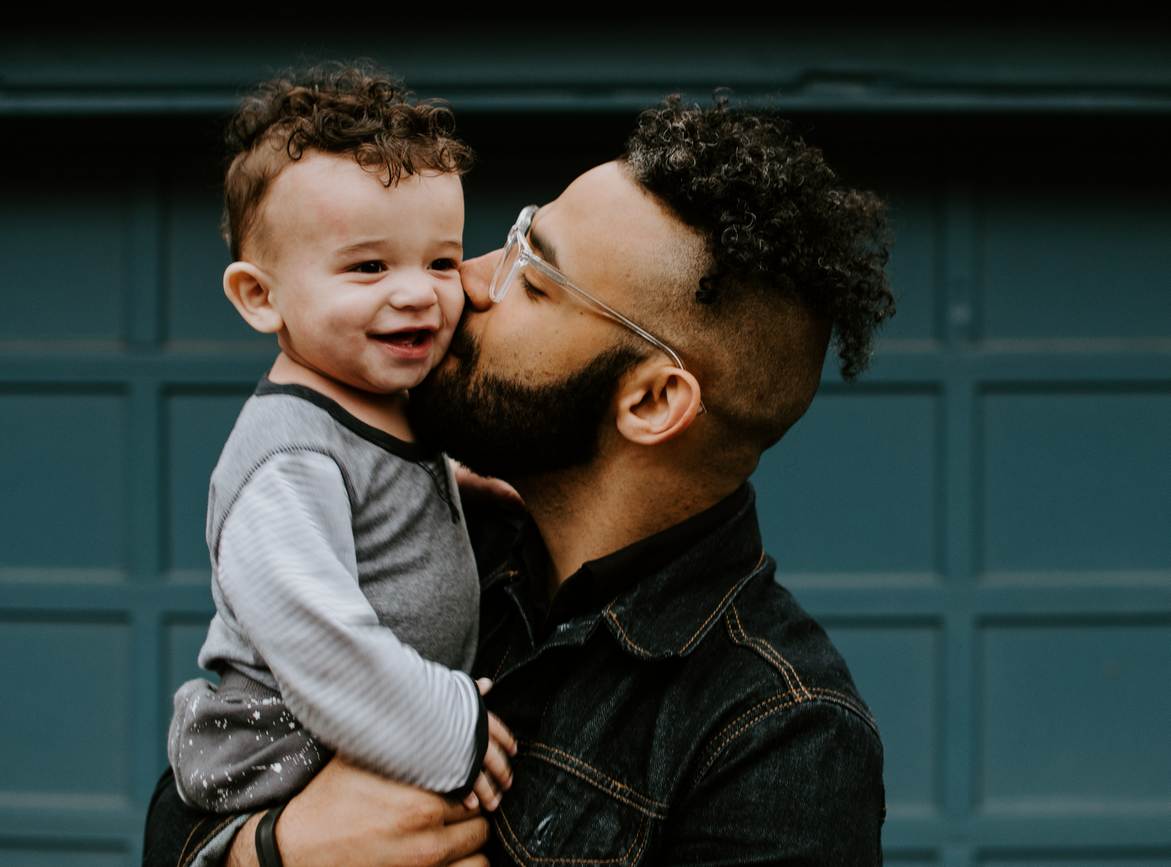
How Will My Divorce Affect My Kids?
As parents make the difficult decision of ending their marriage, children play a massive role in discussions. Some may find themselves weighing whether staying together is best for their kids, when others may be sure that divorce is the best option. Either way, concerns about how your relationship will impact your children are natural.
Divorce can be monumental for young people, with the potential to have long-lasting effects, but some children can adapt to the change easier than others. There are some key behaviors and effects you can expect to see your children experience, but fortunately there are practical steps you can take as a parent to make this change as stress-free as possible.
This blog details some of the most common ways children can respond to the divorce of their parents. If you’re in the early stages of divorce and want legal advice on how to make the process as smooth as possible, reach out to Truce Law today.
The Early Stages of Processing
All children will process and handle those first couple of years after the divorce differently. This period of time can be vulnerable and intense for many young people, often being reflected upon as the most difficult time for families to go through in the aftermath of a divorce.
Many children are likely to go through disbelief and denial, anxiety, distress, frustration, and sadness. But, as you watch your children grapple with this initial period of processing and support them through it, remember that it’s not going to be forever.
As children adapt to new routines and their new way of life, many seem to return closer to their old selves. While some kids who’ve witnessed their parents’ divorce may not go back to how they were before, experiencing ongoing problems, it’s important to know that the way you may see your child struggle through that first year or two is expected. This is a huge life change, and it will take some time for young people to come to terms with the unexpected shift.
The Emotional Impact
As an entire family goes through a divorce, everybody will be experiencing turmoil and distress in their own way. For children, however, this can be a confusing time where they may feel out of control. The stress of both the divorce process and the way their lives subsequently change (moving house, loss of contact with a parent, or splitting their lives between multiple homes) can put them through unprecedented emotional changes.
The way this manifests will look different for every child depending on factors such as age, but there are a few key things you can expect to see. These include:
- Confusion: Young children especially may fail to understand why things are changing, and struggle with accepting the ways they must adapt.
- Worry: Many children may become anxious, fearing that the divorce is somehow their fault or a consequence of their own behavior. Likewise, there may be a fear that the divorce will affect their relationships with their parents.
- Anger: Frustration can be particularly evident in older children going through divorce. Teenagers may start to place blame on one parent or the other, ‘taking sides’ as they try to find a sole reason as to why their parents’ marriage is ending. Resentment can play a huge role in how older children cope with and process the divorce.
How You Can Help?
Divorce has the potential to take a high psychological toll on children, with effects that can carry with them into the future. While you may see mental health changes, a drop in academic performance, behavioral changes and issues, or a variety of other effects, there are ways for parents to successfully help their child process this event and come out the other side healthy and well-adjusted.
Where possible, peaceful co-parenting can play a huge role in this. Hostility, talking badly about your ex-partner, arguing, and starting intense conflict can directly increase a child’s stress. Keeping the arrangement as peaceful as possible can promote better behavior in children, and minimize long-lasting damage.
Other key things to bring into your parenting through this time mostly surround supporting your child as much as possible. Empower them, and ensure that they know they are loved and capable of handling these changes.
Where needed, help to source them somebody to talk to who isn’t directly involved, allowing them to safely process. Be consistent with discipline, create and stick to a healthy schedule, and pay careful attention to the habits and behaviors of your children and young adults. The quicker you notice when something’s off, the easier it will be to handle.
Contact Truce Law for a Collaborative, Affordable Divorce Process
Going through a divorce can be immensely difficult for everyone involved, parents and children alike. If you’re starting to undergo this process, it’s important to know that it doesn’t have to be as complicated as you may think. Making your divorce proceedings as collaborative, peaceful, and affordable as possible can minimize the stress your family goes through. If you’re considering collaborative family law, the attorneys at Truce Law can help you.
We have offices in Seattle, Tacoma & Olympia. Contact us today to start a discussion and discover how.



